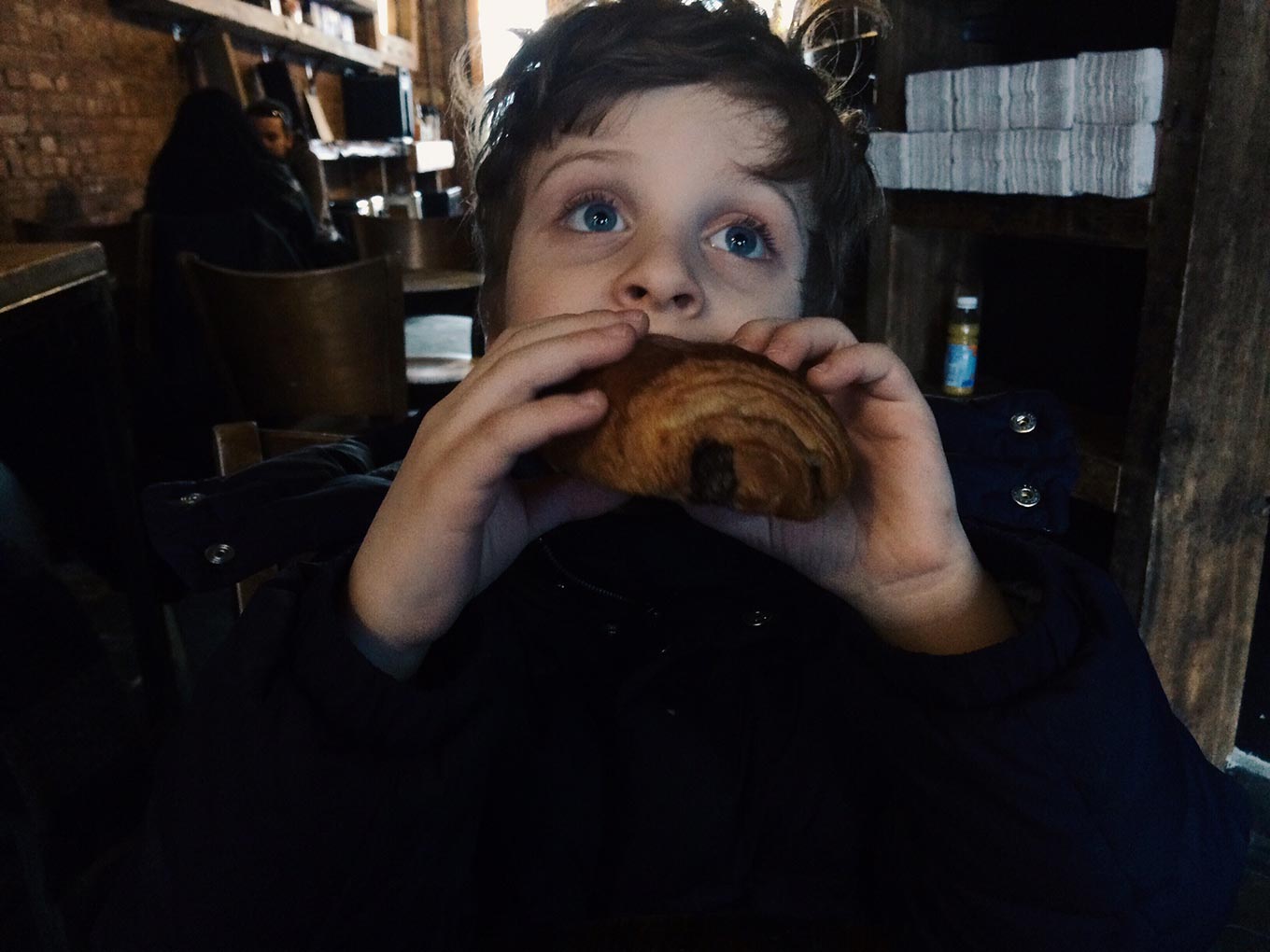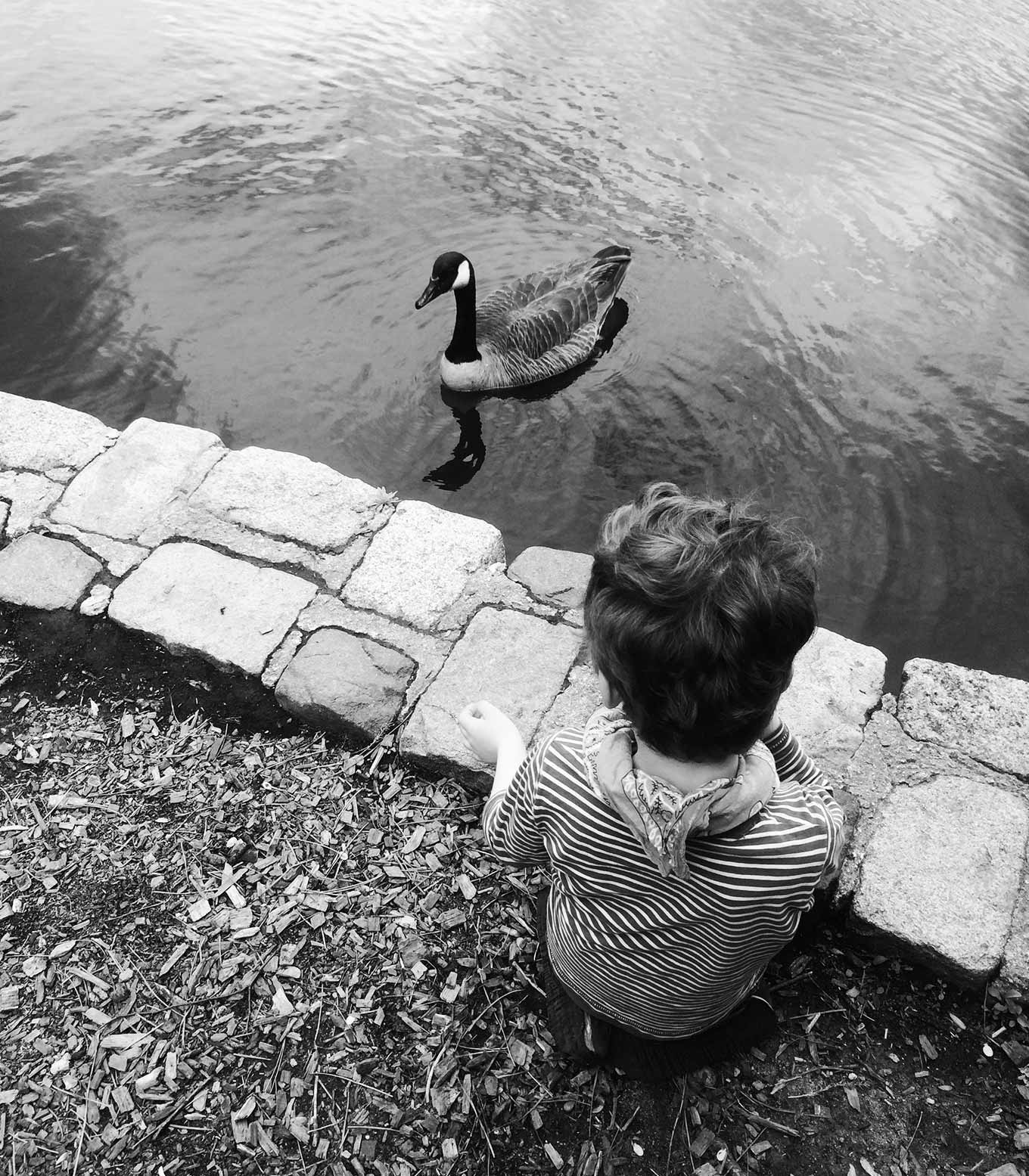 Last week, C ate things he's never eaten before. Strange, exotic things like pancakes, chicken, a croissant, some bread, and a few leafy greens. Maybe this doesn't seem like big news, but it is.
Last week, C ate things he's never eaten before. Strange, exotic things like pancakes, chicken, a croissant, some bread, and a few leafy greens. Maybe this doesn't seem like big news, but it is.
Prior to last week C ate approximately five things: nuts, crackers, yogurt, fruit, and protein bars. But he's not a picky eater. Scratching your head? It's true.
Enter anxiety
Anxiety is far more prevalent in people with autism, and C has a lot of it. Tons of it. It manifests itself as rigidity, a fear of the new or unexpected, phobias and perseverations about things he can't change like his age, gender or skin color. Yup, it's true.
When he was younger, he ate most things we offered him. (We had to keep him eating a lot because his lung disease meant he burned calories very quickly, and many kids with this condition end up with a feeding tube. C, fortunately, did not.)
As he's gotten older, his anxieties have become more pronounced, and food is no exception: if he sees something on his plate that doesn't belong, that breaks with expectation, he can have a full-blown, tear-strewn meltdown. Not an angry meltdown, but something closer to a severe existential crisis.
The $100 slice of pizza
When we go anywhere, we have to bring separate meals and snacks for C. At birthday parties, people ask, "Is he on a special diet?" I say, "Only by his own choosing, and if you can get him to eat a slice of pizza, I'll give you $100." And I mean it.
Telling others about this often results in The Picky Eater Lecture. E.g., "Oh, my son was a picky eater, and now he eats anything! Just be patient." Or, "We used rewards and it worked." Then there's, "Only feed him things he doesn't like and eventually he'll get so hungry he'll eat them." They chalk it up to some behavior issue, when in fact it's the result of deep-seated anxiety.
We've been working on this a long time, trying to break down the anxiety by introducing new foods slowly and without pressure or duress. It's a focus for us not just because his diet is a hassle, but because he needs to eat more than crunchy carbs.
So what changed?
Why is he suddenly willing to try a few new foods, albeit very hesitantly and sporadically, especially at a time when his anxieties are more pronounced than ever?
We have our theories, but one thing in particular stands out: his school has cooking sessions. They go shopping in a grocery store, purchase ingredients, follow recipes, and eat the food they make. C loves this process...up to the eating part! So we started cooking with him at home, too.
Whereas he's normally a ball of non-stop movement, he stands patiently (mostly) on a step-stool at the kitchen counter. He loves the measuring, the cutting, the process of it all (natch!).
I think this sense of control over the preparation of the food is making the final product less fear-inducing, more approachable, more comprehensible. It's no longer a foreign substance that mysteriously appears on his plate: it's something whose very creation he contributed to.
The real point here isn't about how C is eating more foods, but about how he's overcoming a limiting anxiety. We're not bribing, cajoling or forcing him to change; we're trying to help him take control of the fear and perhaps turn it into something positive.
Who knows, maybe at some birthday party in the not-too-distant future, he'll actually eat a slice of pizza. One can dream, right?

